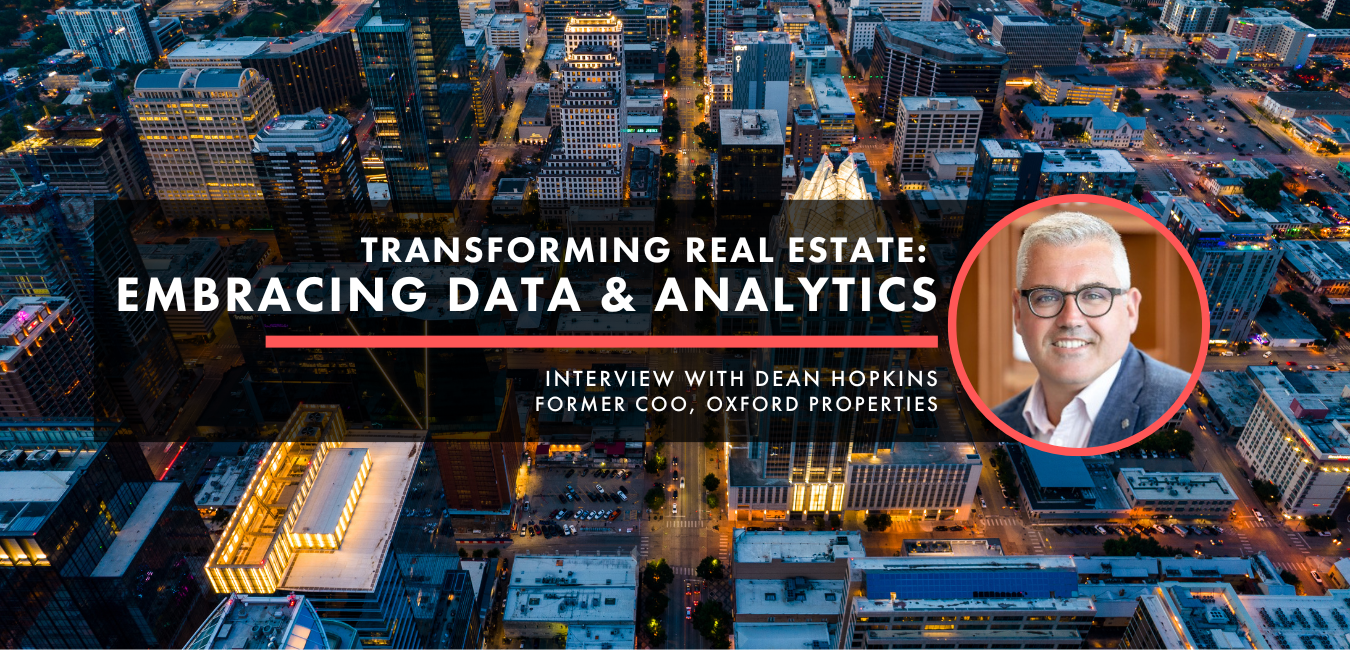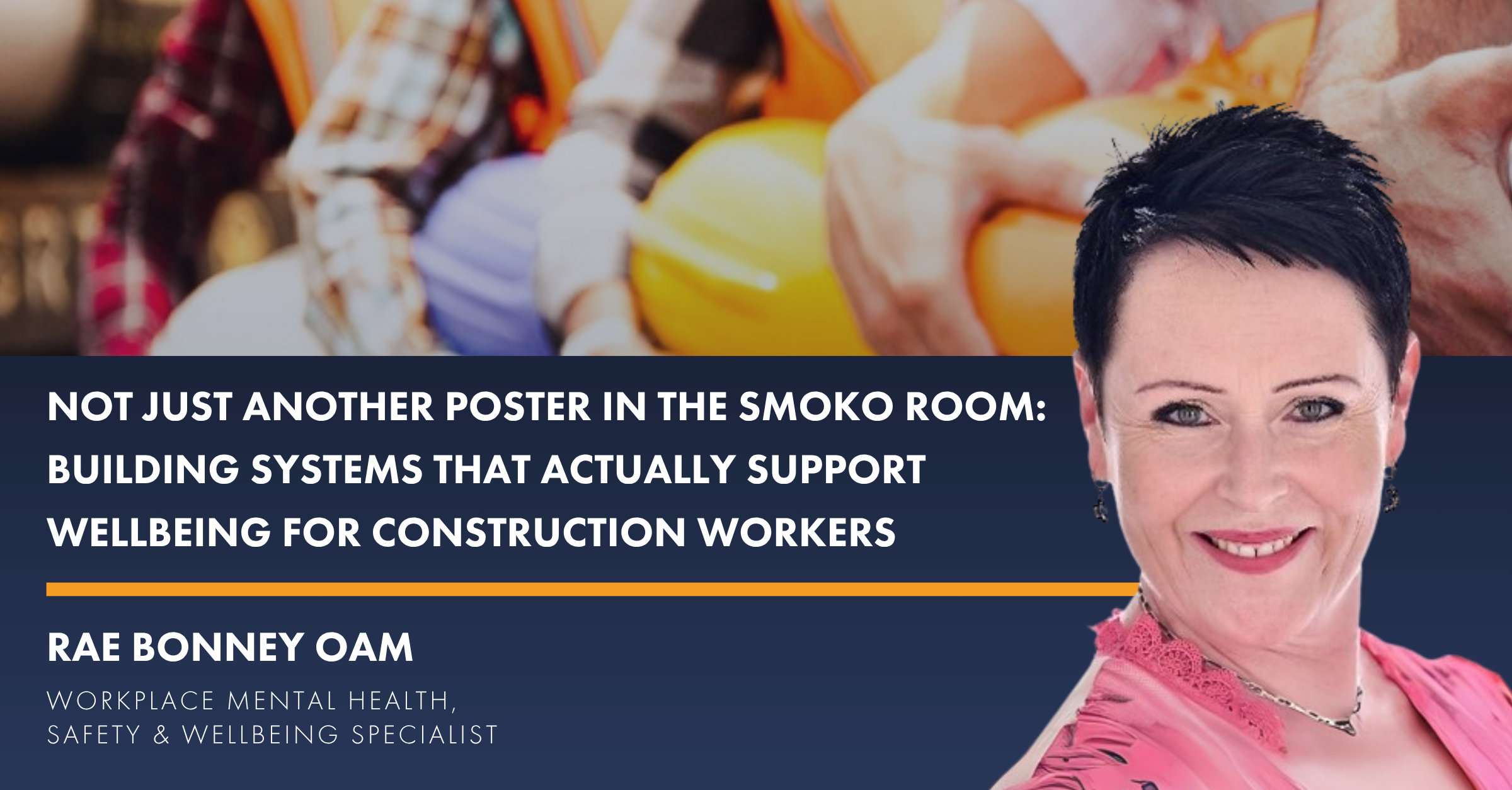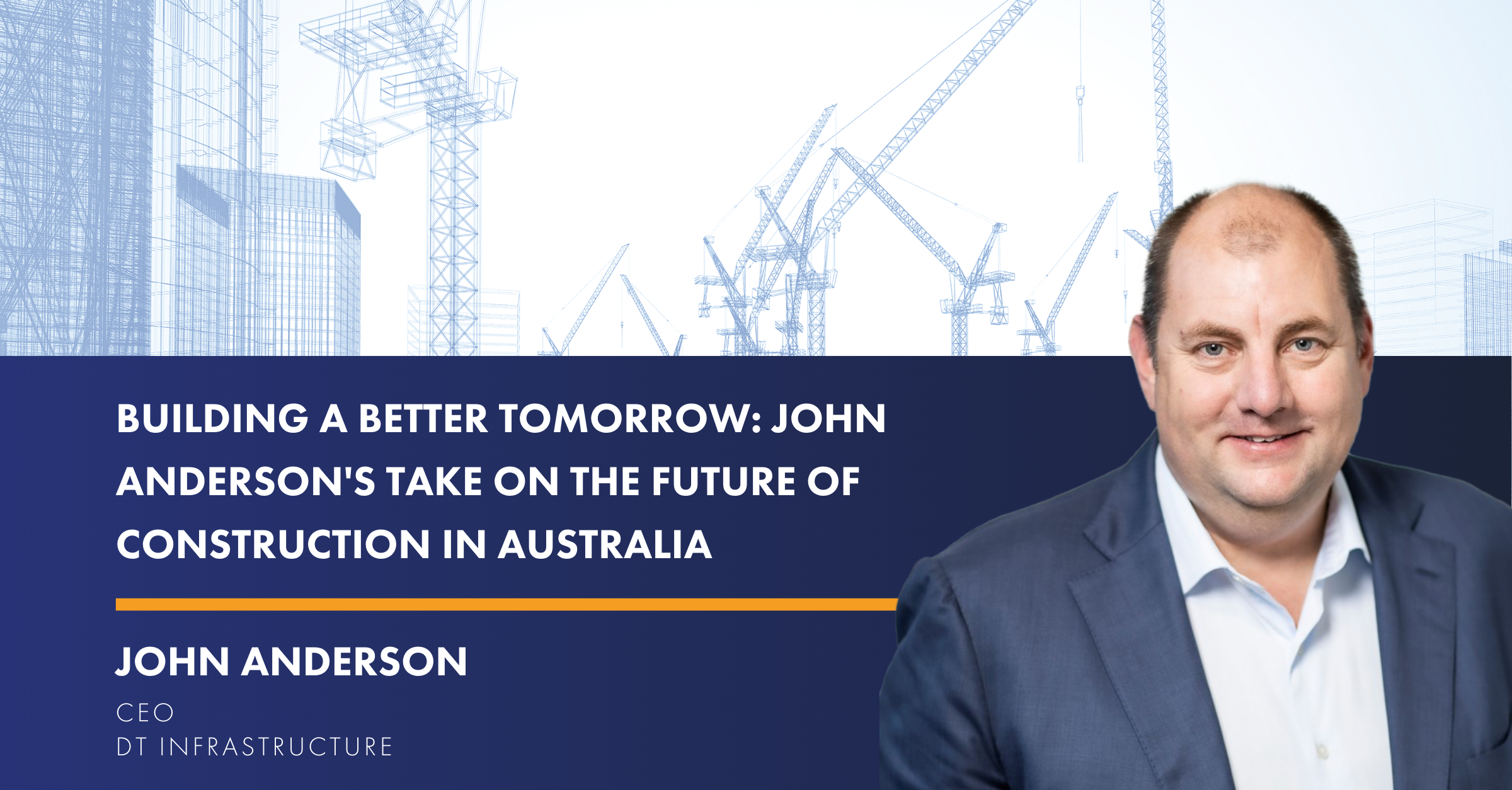FuturePlace Interview Spotlight, Dean Hopkins.
FuturePlace recently sat down with Dean Hopkins, former COO of Oxford Properties (Canada), sharing his experience and insights on the industry’s digital transformation and the crucial role of data and analytics in shaping Real Estate’s future.
FuturePlace: As someone from outside real estate, what was it like to join a global real estate firm as COO?
Dean Hopkins: Well, it was pretty fascinating. I was actually a bit nervous, even though I’m in my 50s, to join a new organisation because I was entering an entirely unknown universe called Real Estate. I spent almost all my career in tech so I found the move into Real Estate endlessly fascinating because I really wanted to join something with a steep learning curve.
A couple of reflections: The people in Real Estate are the key. The people, both at Oxford and then more importantly, beyond Oxford, into our peers around the world were amazing and very welcoming. They open their doors up and helped me understand that the industry is quite collaborative. This is aligned with my own perspective, as there was generally a lot of curiosity. Very quickly we all became really, really good collaborators, and I was able to build a network very rapidly. That was helpful for my own ability to become knowledgeable in the space.
I was such a fish out of water for the first little while that I spent a lot of time just Googling terms in meetings like “What is NOI?”. I really tried to understand what was going on. It was a very steep learning curve.
And then as I dug deeper, I realised that the whole industry was really far behind what I was used to seeing in the other industries. I spent a lot of time on how people understood digital ways of working to assess the degree of change that was going to be required. There wasn’t a sense that they needed change, the sense was more that it was optional.
The big gap was that the thought leaders on the demand/ business side are really lacking. There weren’t a lot of people willing to challenge the status quo. The key to all of this is finding business people that appreciate the imperative to change and are willing to ask the “What if?” questions. I couldn’t find many of those folks. On a positive note, I became even more convinced that there was a massive opportunity within Commercial Real Estate to unlock value by embracing digital, data, and analytics capabilities.
FuturePlace: Do you think real estate as an industry still has a way to go?
Dean: It’s in its infancy. If it was a 100-meter race, we’re still in the first 10 meters. The fundamental capabilities that many other industries take for granted, just don’t exist in real estate, yet. The number of thought leaders and capable people who can lead digitally native products and capabilities is very small.
There are also some structural things in real estate that really make it very challenging, like a built-in immune system that has helped the industry resist change. Part of that comes from the high degree of fragmentation in the industry. For example, there are very few large real estate companies by the standard of other industries. Even the largest real estate companies are small in the grand scheme of things, and as a result, have small technology budgets. Furthermore, they aren’t known as a place to go to be a technologist or data analytics person. Most of the industry is made up of even smaller and midsize investor asset managers, that don’t have a lot of capacity to dedicate to digital capabilities. Those kinds of structural problems make for a high degree of resistance to adopting technology because it’s just not on the top of the radar.
I observed that much of the real estate industry were starting with “shiny objects”
FuturePlace: Oxford has been recognized as a global innovator. What are some of the initiatives that you think contributed to that?
Dean:I think the main initiative that contributed to this recognition came from our forward-thinking approach to ESG. In particular, we were quite integrated across all processes, and quite global across the whole ESG spectrum.
We really brought a unique approach that involved data and analytics-driven thinking around net zero, and the leverage of technology across our portfolio to achieve our goals. It really reflected the fact that we were thinking not only about ESG as a tick box for good corporate governance, but that we saw it as a part of the product of real estate that we bring to market.
Under the covers, it went a lot deeper than that. In order to deliver digital ESG, we actually needed to build the infrastructure that would allow for that to occur. We needed foundational capabilities, skills, roles, processes, and technologies that all combined together to work with the ESG team in order to support that demand.
If you think about an iceberg, our ESG program was only the part above the waterline. Under the covers, there was a lot of work to build up these muscles that allowed us to put that program forward. I would say the unsexy stuff that people don’t see is equally important to innovation. This includes robust data and analytics infrastructure and the people that bring that to life, cybersecurity, and project delivery are all things you need to put in place that really make for that innovative outcome.
We focused on building those kinds of lower levels of the stack to make sure that we could deliver innovative outcomes. I observed that much of the real estate industry were starting with “shiny objects”. If you’re thinking in real estate terms, not building the below-grade infrastructure upon which the building is built will lead to problems. We focused there instead. That became a really important part of how we differentiated ourselves.
FuturePlace: You often speak about data and analytics being core to digital strategy. What are some of the challenges that you encountered all the way and how did you overcome them?
Dean: If you’re doing things digitally, you require high-quality, robust, and trusted data. This is essential in order for an organization to trust automation. They have to know that it’s based on robust data in order to trust the automated outcome.
The interesting thing about real estate is that there’s often a tremendous amount of data available. However, people don’t realise it’s there, and it’s often trapped in a number of ways including being bound up in traditional systems. Those islands of data don’t actually talk to one another very easily, which then prevents actionable insights from being extracted.
The biggest place that data is trapped is in Excel spreadsheets. Excel is THE tool that powers much of real estate decision-making. Excel is notoriously a terrible place for data because it’s where data goes to die. Weaning people off spreadsheets as their way of storing data and engaging with data is probably one of the biggest single changes that has to happen in real estate.
“Excel is notoriously a terrible place for data because it’s where data goes to die”
FuturePlace: Looking forward then, do you have any guidance for others that are starting to explore data and advanced analytics as part of this strategies?
Dean: AI systems recently have been in the news a lot, especially things like ChatGPT. This has been an excellent wake-up call for change as it has opened people’s eyes to just how powerful technology can be. This is going to help us create that change narrative that will encourage more people to embrace digital. ChatGPT and its cousins all rely on robust data and analytics. If you really want to put the power of AI to work, you will have to have a robust and trusted set of data to do it.
Returns are going to require it because those that are able to harness the power of AI via data and analytics will be able to identify and capture value faster and more effectively than those who pursue more traditional strategies. This moat will also grow faster over time as the leaders learn with each iteration and their data and models get better.
Secondly, your people are going to expect it. The highest quality people in the world are going to expect systems and processes and tools that are powered by the most contemporary capabilities. If you can’t give it to them, they’ll go somewhere else that can. Real estate, like most industries, is a people game. If you can’t attract the best people, your outcomes will suffer.
So how do you start? Start by making digital, especially data and analytics capabilities, a priority at the top. This is too big, and too strategically important, to be handled on the side of someone’s desk. Commitment from the top that says “we believe in this” is essential to setting the right tone.
Second, you need a business customer to drive the change. The key attributes of this customer are: forward-thinking, comfortable with ambiguity, willing to lead, armed with a powerful “what-if question”, and willing to try a few things to get the ball rolling. That means it doesn’t need to be everywhere all at once. You just need one business leader who’s willing to really take the leap. And then you need that person to sign up for an initial project that will really demonstrate the potential of data and analytics.
The initial project needs to be something meaningful, something that other business leaders will look at and react with: “I want some of that”. It will need to be quite visible in order to act as a change catalyst. As you pursue the project, you will need the discipline to build the infrastructure for future projects, rather than building something bespoke.
Finally, you will need the right people on the project in order to build up the capabilities and internal knowledge for future projects. Augment these internal leaders with trusted vendors, as they will really lift you up through the early stages of the work. It takes a village to do this. You can’t do it on your own.
This recipe for getting started will allow you to have an immediate business impact while laying down the foundation for the future.
Data & Analytics in Real Estate Summit
Dean will be speaking at the 2nd annual Data & Analytics in Real Estate Summit, taking place on 31st August 2023 in Sydney. It will bring together industry professionals to share insights, best practices, and emerging trends in the use of these technologies. It will cover a range of topics, and feature case studies, panels and roundtables featuring leading advocates and users.






